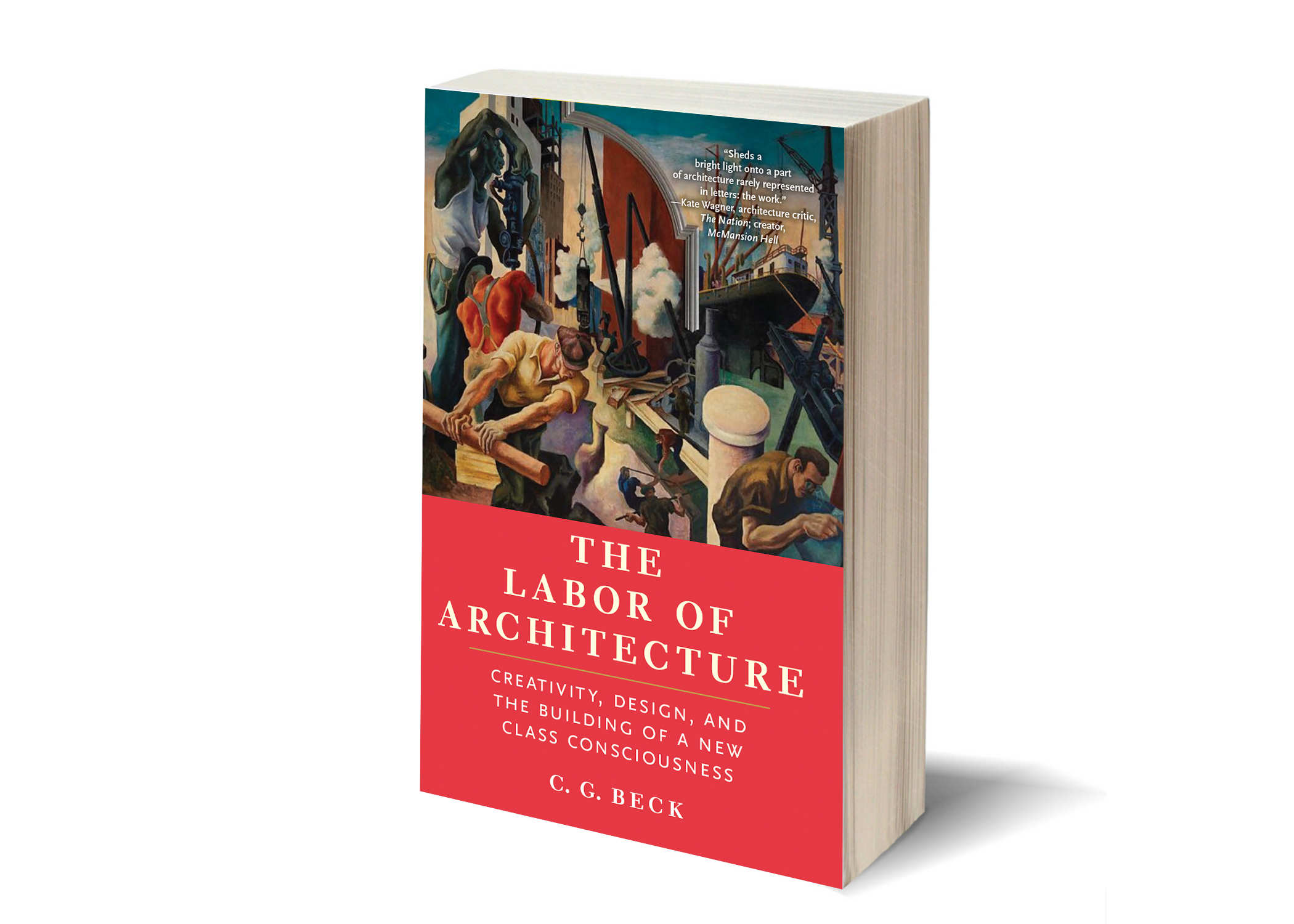 Memorial
Memorial
Robert W. McChesney (1952–2025): A Personal and Political-Intellectual Memoir
 Memorial
Memorial
Bob McChesney: A Life Well Lived
 Article
Article
A Clarion Call for Communication Democracy
 Article
Article
Communication Should Be a Rebellious Field!
 Article
Article
Be Realistic, Demand the Impossible
 Article
Article
Reinventing Local Journalism: Carrying Forward Bob McChesney’s Unfinished Project
 Article
Article
Capitalism in the Age of Digital Technology
 Article
Article
Fiftieth Anniversary Retrospective on Pomfret (Class of 1971)
 Article
Article
The Anti-Monopolist
 Remembrance
Remembrance
Tributes to Robert W. McChesney
 Review of the Month
Review of the Month
Eco-Marxism and Prometheus Unbound: Capitalist versus Socialist Ecomodernism
 Article
Article
The World Wants to Advance to Socialism
CLASSICS

Book launch The Critical Theory Workshop was first to launch John Bellamy Foster’s excellent new work. Speakers alongside Foster included Boris Hennig and Paul Schafer, with Jennifer Ponce de León... READ MORE
+ read more
The Labor of Architecture: Creativity, Design, and the Building of a New Class Consciousness examines the social and historical narratives that led to the illusory division between the “working class” and... READ MORE
+ read more
Anarchist chronicler of ‘Paraguayan sorrow’ – once known only in radical Latin American circles – is finally being recognized in his adopted country....
+ read more
From: Chapter 3 “…As governor of Wisconsin, La Follette sought to defend the interests of the small farmer by pushing for greater regulation of the railroads. He successfully pushed through... READ MORE
+ read more














